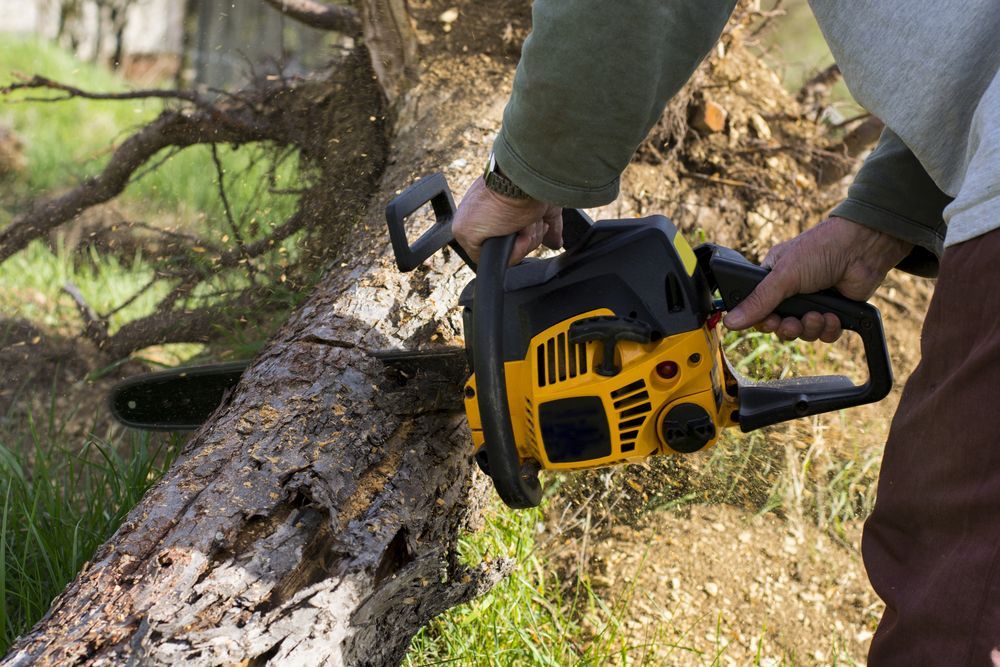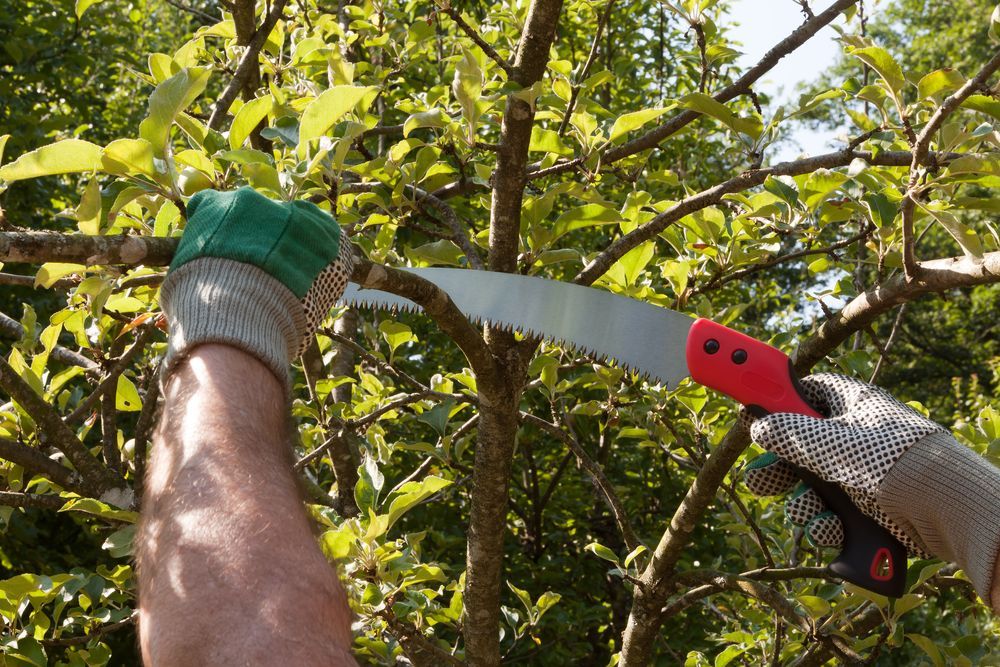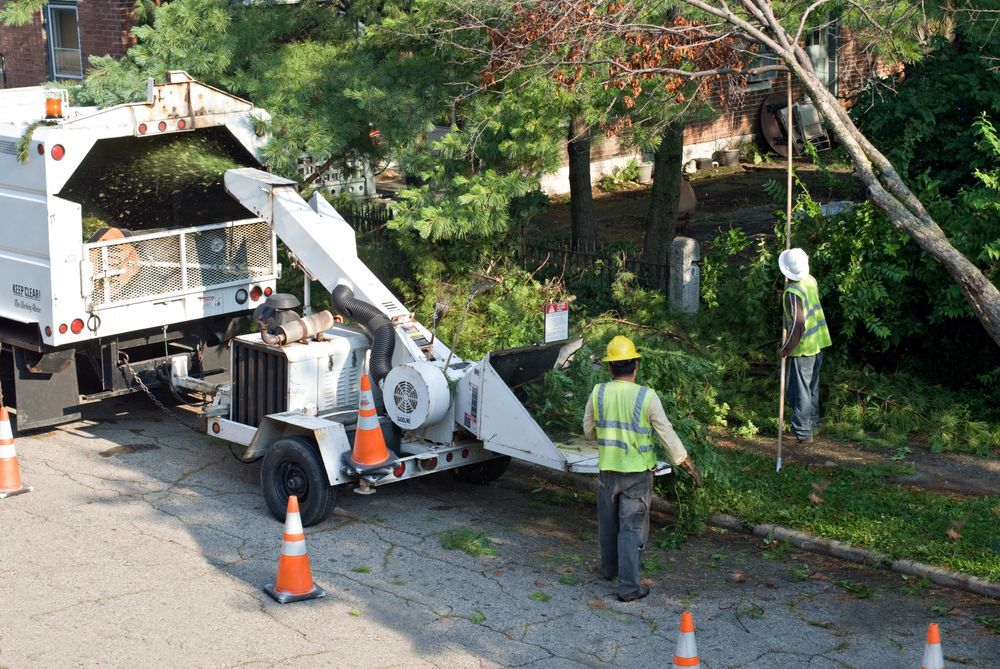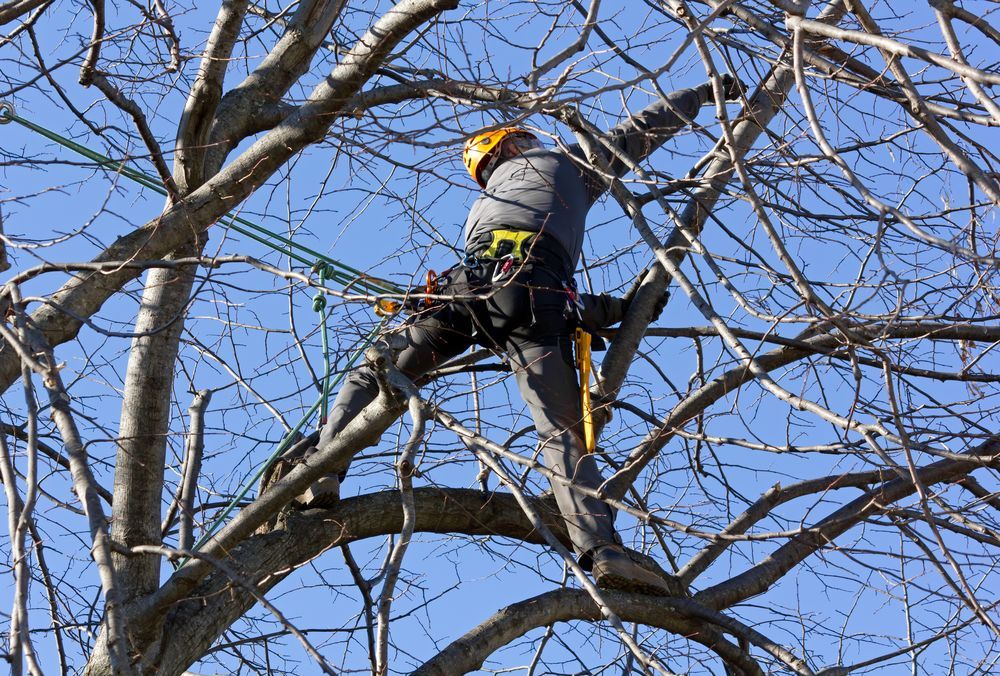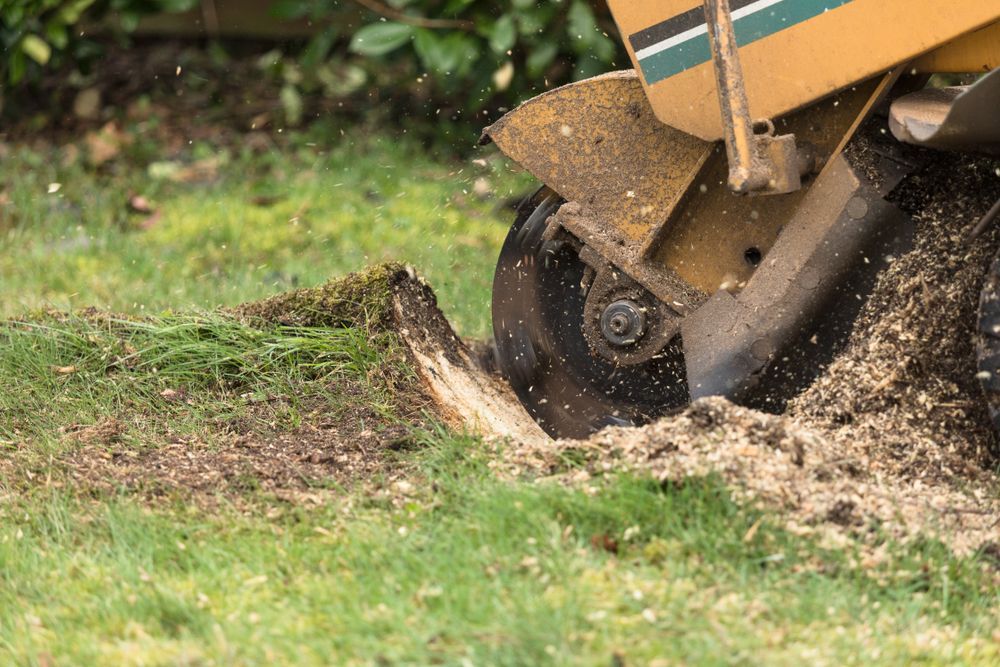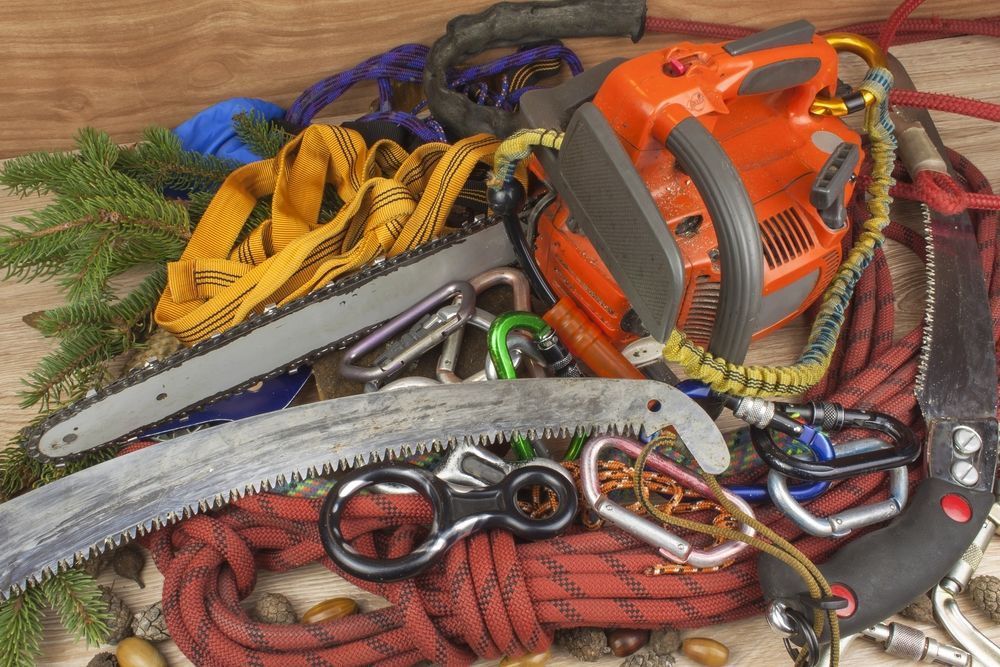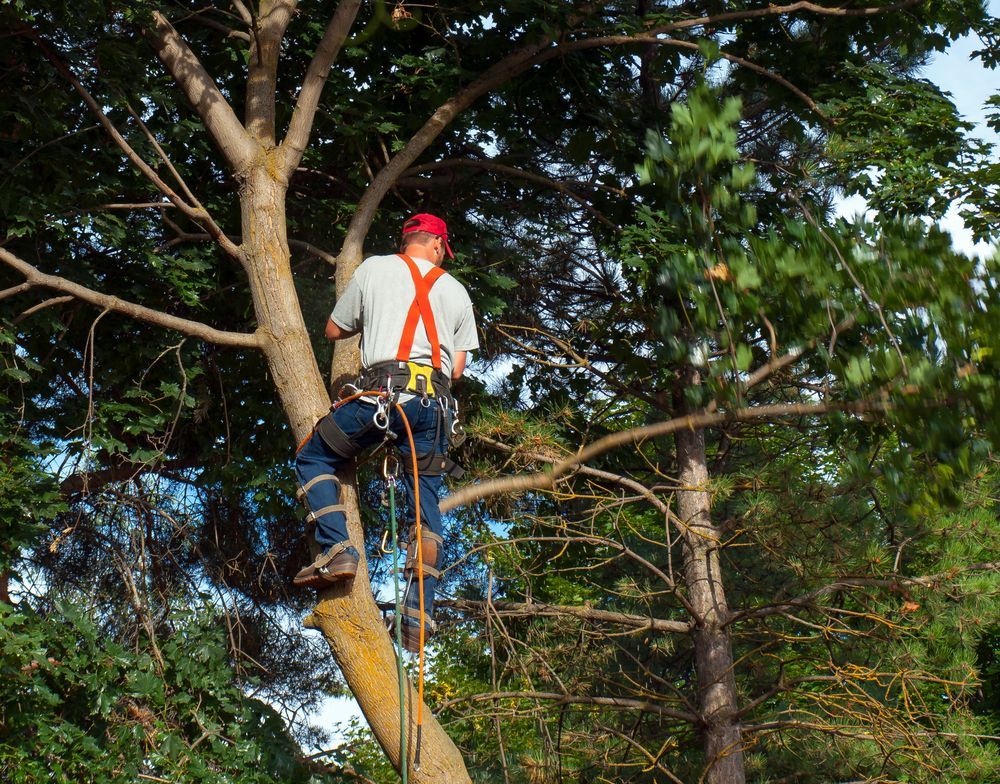Top Reasons to Invest in Preventive Tree Maintenance Year-Round
Many homeowners think about
tree care only when something goes wrong — a branch falls during a storm, leaves start dying, or roots begin cracking a driveway. But trees, like any part of your property, need consistent attention to stay healthy and safe. Preventive maintenance isn’t just about keeping your landscape attractive — it’s about avoiding costly and dangerous problems down the road.
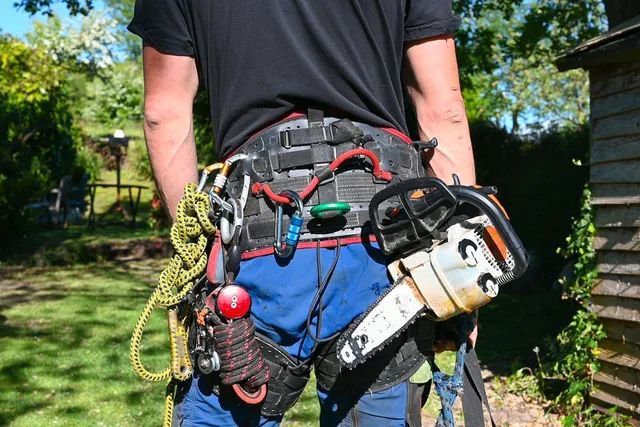
In this article, you’ll learn why year-round preventive tree maintenance is essential for property owners in Huntersville, NC, what benefits it brings, and how to make it part of your regular home care routine.
Why Preventive Tree Maintenance Matters
Trees are resilient, but they’re constantly exposed to weather changes, pests, and environmental stress. Without regular upkeep, even the strongest oak or maple can become a safety risk or fall into decline. Preventive maintenance ensures your trees stay healthy, structurally sound, and visually appealing all year long.
Here are the top reasons investing in ongoing tree care pays off:
1. Prevents Costly Damage
Routine inspections and trimming catch small issues — like weak limbs or root damage — before they turn into emergencies. Removing hazardous branches early can save you from expensive roof repairs, fence damage, or fallen-tree cleanup after storms.
2. Improves Tree Health and Longevity
Just like people need checkups, trees need regular pruning and disease prevention. Proper maintenance removes deadwood, improves airflow, and allows more sunlight to reach the canopy. This strengthens growth and helps trees resist pests and decay.
3. Enhances Curb Appeal
Well-maintained trees frame your home beautifully. Balanced canopies, clean shapes, and vibrant leaves give your property a cared-for, professional look — which can increase overall curb appeal and even property value.
4. Reduces Storm Risk
Huntersville experiences seasonal storms, especially in spring and summer. Preventive trimming reduces weight stress on branches and lowers the risk of splitting or falling during high winds. Having your trees inspected before storm season is one of the best ways to protect your home.
5. Supports Local Ecosystems
Healthy trees improve air quality, provide shade, and support local wildlife. Regular maintenance ensures your trees continue benefiting the environment while keeping them safe and well-balanced.
6. Saves You Money Over Time
Preventive tree maintenance costs far less than emergency removal or property restoration after damage. By scheduling consistent care, you avoid large, unexpected expenses while extending the lifespan of your trees.
Key Components of Preventive Tree Maintenance
Preventive maintenance is more than trimming a few branches each year. It’s a strategic, seasonal approach that keeps trees strong and beautiful while preventing problems before they start.
Here’s what a complete preventive tree maintenance plan includes:
Regular Inspections
Professional arborists check for structural weakness, disease, pest activity, and soil issues. Catching these signs early means less invasive (and less expensive) treatment later.
Pruning and Trimming
Selective pruning removes dead or crossing branches, balances weight, and directs healthy growth. For mature trees, trimming helps prevent heavy limbs from breaking during storms.
Soil Health and Root Care
Healthy roots mean a healthy tree. Aeration, mulching, and checking for root rot help keep soil nutrient-rich and well-drained — critical for North Carolina’s variable weather conditions.
Pest and Disease Management
Common regional threats include borers, cankers, and fungal infections. Professionals can identify early signs and apply treatments to stop spread before visible damage occurs.
Seasonal Preparation
- Spring: Inspect for winter damage and fertilize as needed.
- Summer: Trim for airflow and remove weak branches before storms.
- Fall: Prune lightly to prepare for dormancy.
- Winter: Evaluate structure while trees are bare and easier to assess.
A consistent maintenance cycle like this keeps your trees in top condition all year round.
FAQs About Preventive Tree Maintenance
How often should preventive maintenance be done?
Most properties benefit from professional inspections once or twice a year, depending on tree type, size, and exposure to weather.
Can preventive maintenance stop a tree from dying?
Yes, in many cases. Early treatment of disease or decay can save a tree that would otherwise decline without attention.
Is it necessary for younger trees?
Absolutely. Young trees establish their shape and structure early. Proper pruning and care during these stages help them grow strong and balanced.
How do I know if my trees need professional care?
Warning signs include dead branches, leaning trunks, cracked bark, or visible fungus. If you notice these, schedule an inspection right away.
Does preventive maintenance include stump grinding or removal?
Not typically. Those services are separate, but preventive care often prevents the need for removals by keeping trees healthy in the first place.
Conclusion
Preventive tree maintenance isn’t just about appearances — it’s an investment in your property’s safety, longevity, and value. By keeping up with regular inspections, trimming, and seasonal care, you protect your trees, your home, and your wallet.
If you’re in Huntersville or the Lake Norman area,
scheduling year-round maintenance with a trusted local tree service ensures your landscape stays safe, strong, and beautiful no matter the season.


